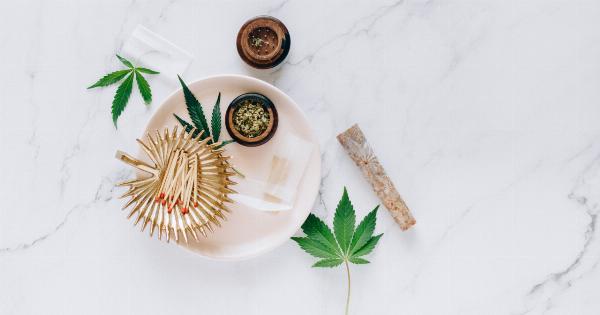The liver is one of the most critical organs in the human body, responsible for carrying out numerous functions that keep the whole system working optimally.
This vital organ is located in the upper right part of the abdomen and is protected by the rib cage. The liver plays an essential role in many metabolic processes that are crucial for maintaining the body’s overall wellness.
What Are the Primary Functions of the Liver?
Here we will cover some of the major functions of the liver:.
1. Bile Production and Secretion
The liver produces bile, a fluid that aids in the digestion and absorption of fat. It stores the bile produced in the gallbladder and then secretes it into the small intestine as needed.
Bile also helps in the elimination of waste products, including bilirubin, cholesterol, and drug metabolites from the body.
2. Detoxification of Harmful Substances
The liver plays a crucial role in the detoxification of harmful substances in the body. It processes toxins, including drugs, alcohol, and environmental pollutants, to eliminate them from the body.
The liver converts the toxins into less harmful substances that can then be removed from the body through the kidneys or bile ducts.
3. Protein Synthesis
The liver is responsible for synthesizing various proteins that are essential for the body’s functions.
These include clotting factors, which aid in blood coagulation, albumin, which helps maintain the body’s fluid balance, and lipoproteins, which transport fats and cholesterol in the blood.
4. Carbohydrate Metabolism
The liver plays a crucial role in regulating carbohydrate metabolism. It is responsible for converting excess glucose into glycogen for storage and then breaking down glycogen to release glucose into the bloodstream when energy is needed.
5. Vitamin and Mineral Storage
The liver stores essential vitamins and minerals, including vitamins A, B12, D, E, and K, and minerals such as iron and copper.
These nutrients are essential for the proper functioning and development of various bodily functions, including the immune system, metabolism, and blood clotting.
6. Regulation of Cholesterol Levels
The liver plays a vital role in regulating cholesterol levels in the blood. It produces cholesterol and lipoproteins, which transport cholesterol throughout the body.
The liver also removes excess cholesterol from the blood and excretes it through the bile ducts.
7. Storage of Blood
The liver stores blood and then releases it into the bloodstream when needed. This function helps to maintain the body’s blood volume and prevent blood loss during injury.
8. Hormonal Regulation
The liver regulates various hormonal functions in the body, including the metabolism of sex hormones such as estrogen, testosterone, and progesterone.
It also produces hormones, including insulin-like growth factor 1, which promotes growth and development.
9. Regeneration
The liver is one of the few organs that can regenerate itself. If part of the liver is damaged or removed, the remaining liver tissue can regenerate and restore its functions within a few weeks.
10. Immune Function
The liver helps in fighting infections by producing proteins that promote the immune system’s function. It also assists in eliminating bacteria and other harmful substances from the bloodstream.
Conclusion
The liver carries out numerous functions that are essential for maintaining the body’s overall wellness. It plays a crucial role in metabolism, detoxification, hormone regulation, and immune function.
As such, it is essential to adopt a healthy lifestyle that promotes liver health to avoid damage to this vital organ. This means adopting a healthy diet, engaging in regular exercise, avoiding alcohol and drug abuse, and seeking medical attention for any liver-related issues.





























